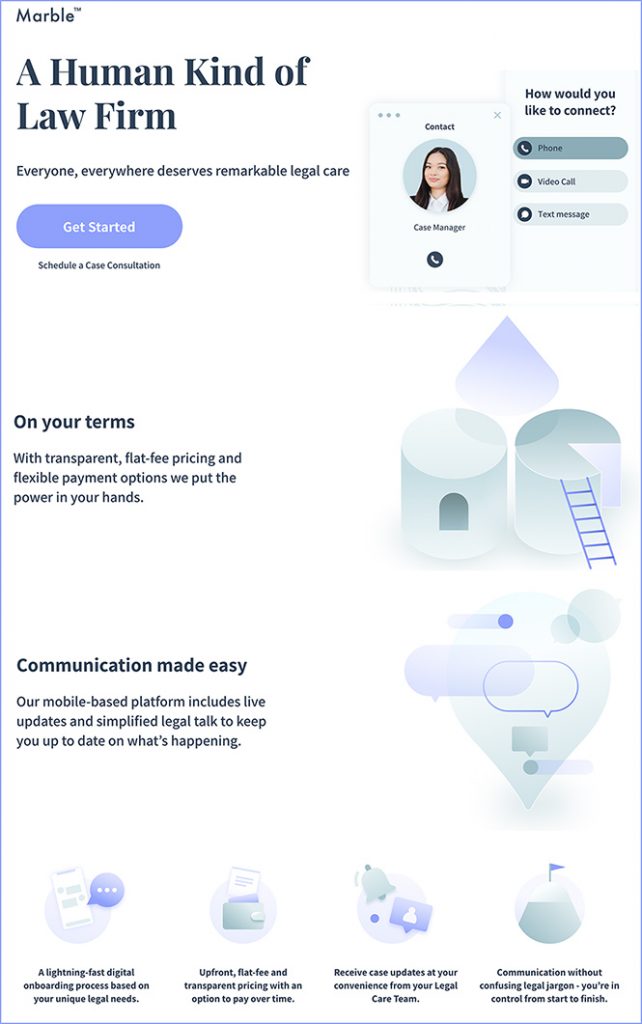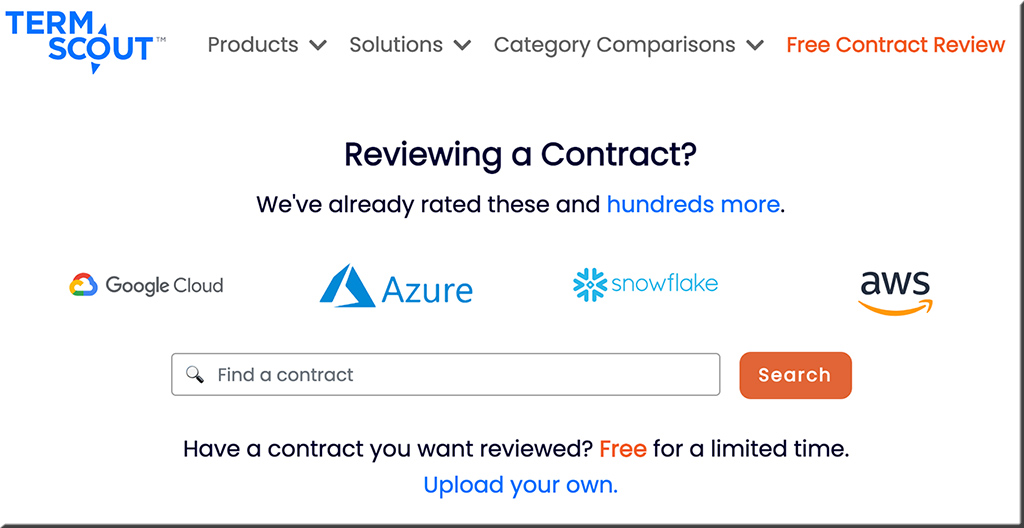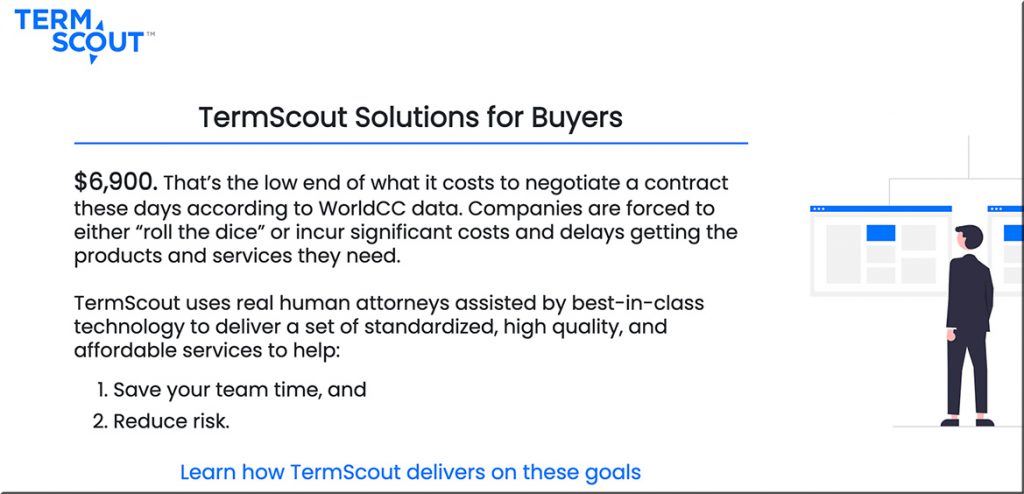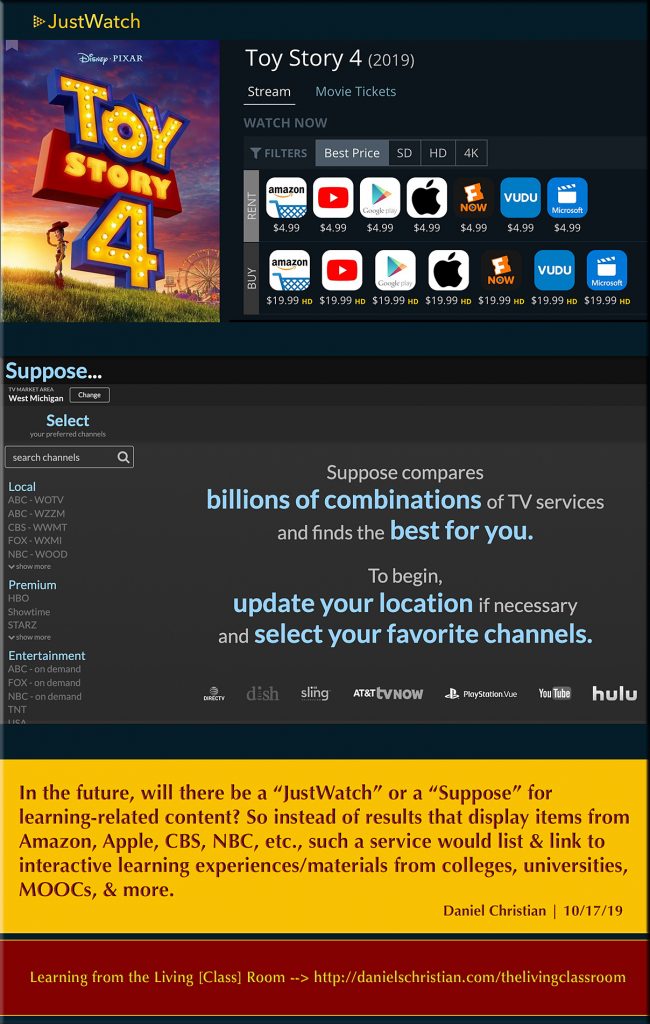EDUCAUSE 2022 Top 10 IT Issues — from educause.edu
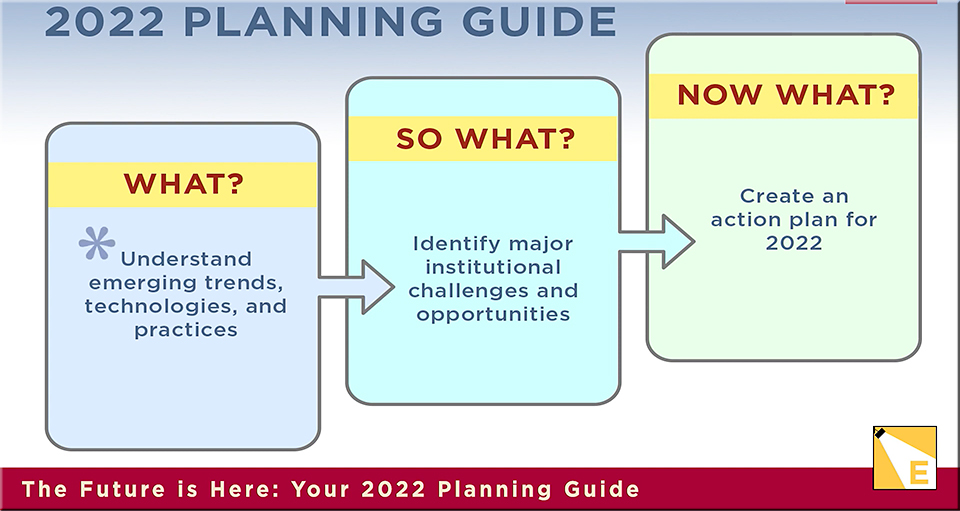
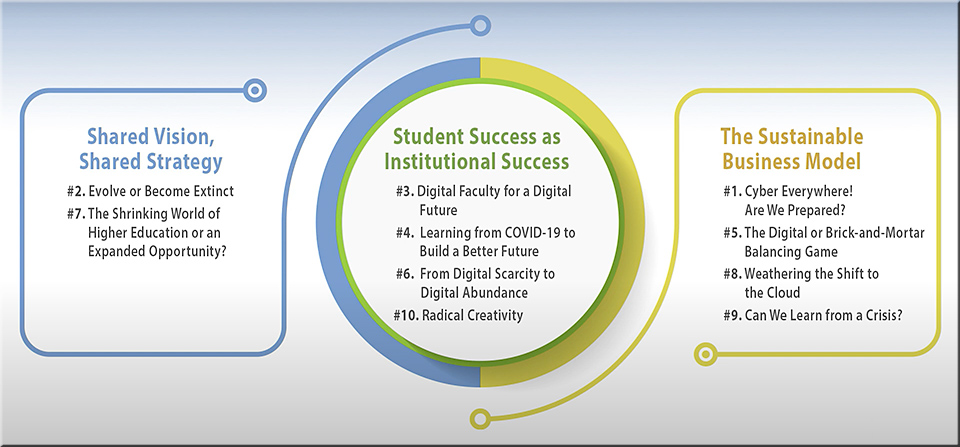
Excerpt (emphasis DSC):
The EDUCAUSE 2022 Top 10 IT Issues take an optimistic view of how technology can help create the higher education we deserve —through a shared transformational vision and strategy for the institution, a recognition of the need to place student success at the center, and a sustainable business model that redefines “the campus.”
See the 2022 Top 10 IT Issues
Almost two years into a global pandemic, it’s clear the higher education we knew will never return and now we can focus on getting the higher education we deserve.
From DSC:
I’m assuming that the we in the we deserve (as highlighted above) includes the students, as *the students* are the ones who most need for things to change.
That said, I’m doubtful such profound change will occur within higher education as it stands today. The existing cultures may prevent such significant and necessary change from occurring — and higher ed isn’t used to dealing with the current exponential pace of change that we’re experiencing. Plus, the downward spirals that many institutions are in don’t always allow for the new investments, programs, and/or experiments to occur. But who knows? When institutions of traditional higher education have their backs pressed up against the walls, perhaps such institutions and the people within them will be forced to change. There are innovative individuals and institutions out there. (I’m just not sure how much they’ve been listened to in many cases.)
To help students truly succeed means to change one’s core products/services — one’s story. But higher ed loves to play around the edges…rarely letting the core products/services get touched.
To me, student success includes having students pay far less and, while still getting a solid liberal arts education/foundation, can get solid jobs immediately upon graduation. At least that’s my hope as we head into 2022.
But what student success looks like may be different in the future.
Perhaps in 5 years, we will have moved much more towards a lifelong learning situation. Individuals may have joined a global, next-generation learning platform whereby one teaches for X minutes of the day, and learns for Y minutes of that same day. AI-based dashboards let people know which skills are in high demand, and then offer a menu of choices for how to acquire those skills.
A couple of lasts comments:
- Being data-driven won’t save an institution. Vision might. But being data-driven has its limits.
- The digital transformations being talked about within institutions of traditional higher education may be too little, too late. This conversation should have taken place a decade or more ago. (I think I just heard an “Amen!” from some folks who used to work at Blockbuster. They didn’t think a transformation was necessary either….but they learned their lesson the hard way. We should have learned from their situation…a long time ago. And I’m sure that you can think of other examples as well.)









